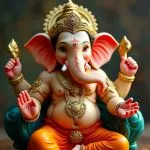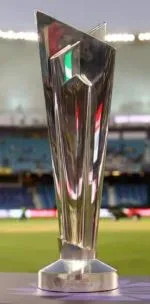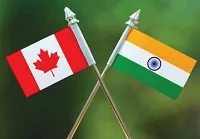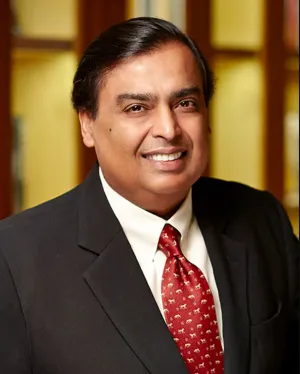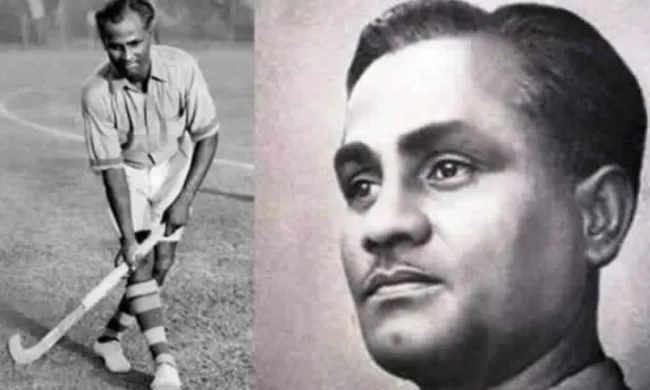
Major Dhyan Chand was born in Allahabad on August 29 in Uttar Pradesh, 1905. He was born to Sharadha Singh, his mother, and Sameshwar Singh, his father. His father served in the British Indian Army, where he played hockey. Young Chand had little significant interest in sports, though he enjoyed wrestling. When he was only 16 years old, the super soldier was drafted into the Indian Army. Dhyan Chand retired from the Indian Army as a Major aged 51 in 1956, after a distinguished career spanning decades.Chand is a Hindi word that literally meaning "moon." Dhyan Singh used to spend a lot of time practicing under the moonlight in the evenings. His friend dubbed him "Chand" since his nighttime practice sessions always coincided with the moon's rise.
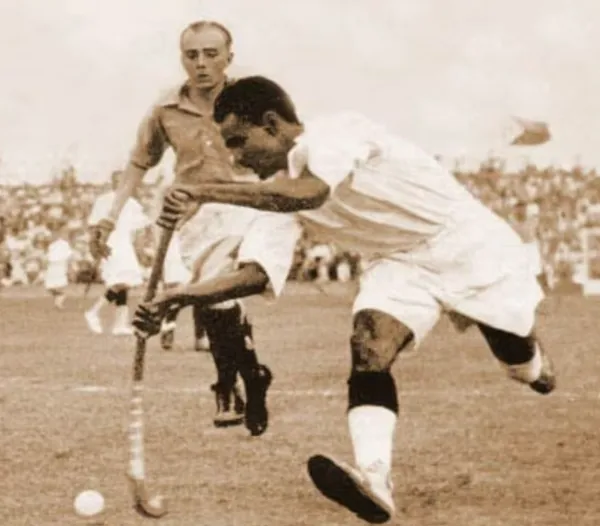
When we talk about a figure who has had such a significant impact, it is natural that many major stadiums and monuments will be named after him. In 2002, the Delhi National Hockey Stadium was renamed Dhyan Chand National Stadium. A hostel at Aligarh Muslim University, where he was a student, was also named after him. His international fame is reflected in the fact that the Indian Gymkhana Club in London is also named after him. Dhyan Chand began playing hockey seriously while serving in the British Indian Army, and he competed in various army hockey competitions and regimental games between 1922 and 1926.
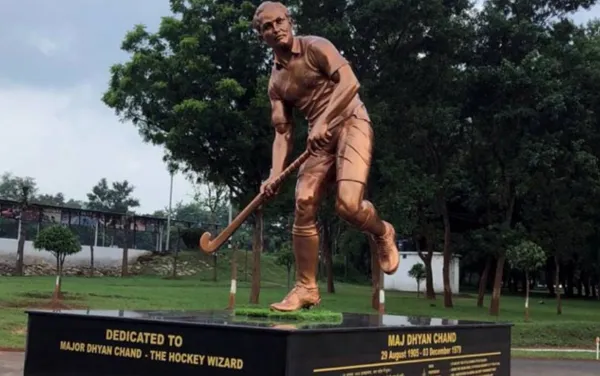
The Indian team earned the country's first Olympic gold medal at the 1928 Summer Olympics in Amsterdam. Chand was the tournament's leading scorer, with 14 goals in 5 games. Major Dhyan Chand was one such legend. Dhyan Chand was regarded as the 'Magician of Hockey' for his incredible ability to score goal after goal, since what he performed on the pitch at times was deemed almost impossible for a human. According to his autobiography, 'Goal,' Chand represented India at the international level from 1926 until 1949, scoring 570 goals in 185 appearances. He was the man who had everyone spellbound with his silky stickwork, earning him the moniker "hockey wizard." Many praised India's performance, and Dhyan Chand in particular garnered a lot of appreciation for his performance on his first international assignment.

When he returned, he was appointed as a Lance Naik in the British Indian Army's Punjab Regiment. While Dhyan had led the Indian hockey team to victory in the previous two editions, he was elected captain of the team at the 1936 Olympics in Berlin. He finished the Berlin Games with 11 goals in five matches. In total, he scored 37 goals in 12 games during three editions of the Games, earning three Olympic gold medals.
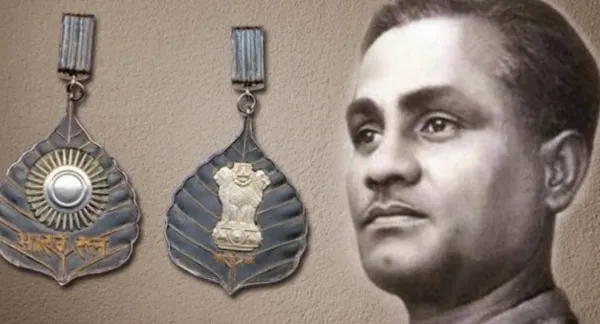
He led a Rest of India side against state teams and the 1948 Olympic team, who defeated Chand's side 2-1, despite an aged Chand scoring his side's lone goal. Chand's most recent match was as captain of the Rest of India squad versus the Bengal team. The game finished in a tie. He died at the age of 74 in late on December 3,1979, yet his reputation lives on in India. In India, the 29th of August is observed as National Sports Day. On this day, the President of India bestows sporting honors such as the Rajiv Gandhi Khel Ratna, Arjuna Award, and Dronacharya Award at the Rashtrapati Bhavan in India. In 1956, he was also given the Padma Bhushan, India's third-highest civilian honour.


